How to Choose the Right Food for Your Pet
Providing your pet with a balanced and nutritious diet is essential for their overall health and well-being. However, choosing the right food for your pet can be daunting, especially, with so many brands and options on the market. This guide will help you understand the various factors to consider when selecting the best diet for your furry friend, ensuring they stay healthy and satisfied.
Understand Your Pet’s Nutritional Needs
Before choosing a diet for your pet, it’s essential to understand their nutritional needs. Different pets have different dietary requirements based on age, breed, size, and activity level. Additionally, consider any specific health conditions or allergies your pet may have, as this may impact their dietary needs. By understanding your pet’s nutritional needs, you can ensure they receive the proper nutrients for an optimal life.
What to Look for When Reading Pet Food Labels (this is important!)
When choosing your pet’s food, reading and understanding the labels is important to ensure you make the best choice. Look for a statement from the Association of American Feed Control Officials (AAFCO) on the label. AAFCO establishes guidelines for ingredient product labels, feeding trials, and laboratory analyses of the nutrients that go into pet foods. The AAFCO statement is generally found near the ingredient list but may be elsewhere on the bag or packaging. An example of a statement from AAFCO may look something like this:
“Brand A” dog food is formulated to meet the nutritional levels established by the AAFCO Dog Food Nutrient Profiles for the maintenance of adult dogs.
Additionally, pay attention to the calories in your pet’s food. Here is some advice from Hills Pet Food regarding calories in your pet’s food:
Calorie needs vary by pet (for both cats and dogs), so make sure to speak with your veterinarian to determine the proper caloric intake for your pet.
Calories should be listed on the side of the can or bag, just like they are for most human foods. Expect to see them listed as “kCals” or kilocalories, which is a more scientifically accurate term for calories.
Consider Life Stages and Special Needs
Puppies and kittens have different nutritional needs than adult or senior pets, so look for food specifically formulated for their life stage. Larger breeds may require a diet that supports joint health, while smaller breeds may benefit from a formula designed for their unique needs. Additionally, consider how active your pet is. A diet with higher protein and fat content may be appropriate if they are highly active. On the other hand, if your pet is less active or prone to weight gain, maybe a low-calorie pet food is a good choice.
Dietary Restrictions and Allergies
Just like humans, pets may have special dietary needs or restrictions that must be considered when choosing their food. For example, some pets may have food allergies or sensitivities to certain ingredients, such as grains or poultry. In these cases, look for pet foods specifically formulated to meet your pet’s dietary restrictions. Additionally, pets with health conditions, such as diabetes or kidney disease, may require a special diet to manage their condition.
Dietary Counseling – Don’t Hesitate to Ask Us!
The most assured way to know your pet’s nutritional needs is by consulting with your veterinarian at Pine Creek Animal Hospital. Once we know your pet well, we can certainly help advise on foods. We can help you determine if your pet has any special dietary needs or restrictions and what type of food would be best for them. We can guide you regarding your pet’s nutritional needs for each life stage, including their dietary requirements for growth, weight maintenance, and performance. We carry several prescription diet brands to treat various chronic conditions. Prescription diet foods can even replace the daily use of medications in many situations.
In Conclusion
Your pet’s well-being is our top priority. We strive to offer optimal veterinary care and sound advice to help you learn how to keep your best furry friend happy and healthy to have a wonderful life with you. We are here for you and your pet. For more information, please consult the educational blog on our website or contact us to schedule an appointment.
To your pet’s long and happy life!
Dr. Ashley Tuma



0 Comments